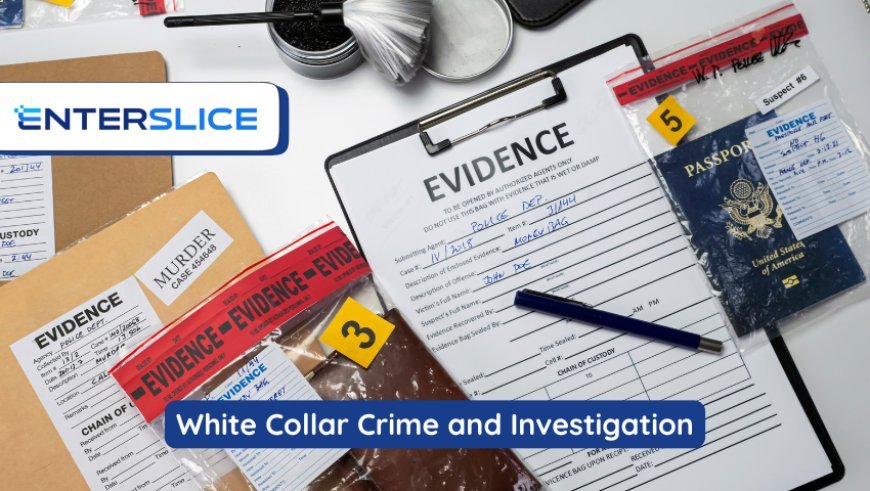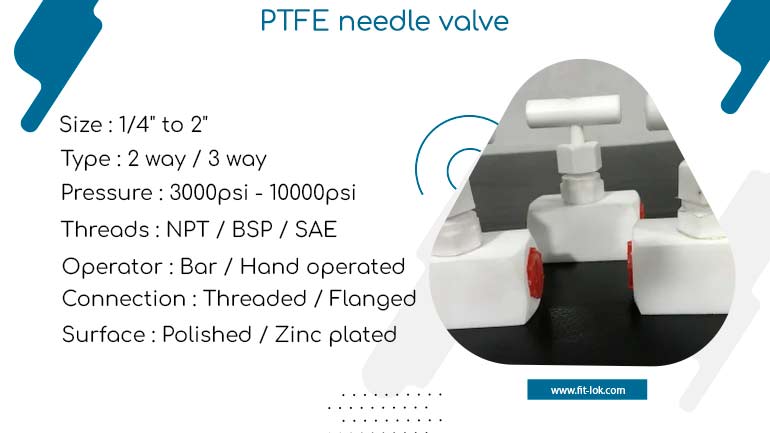Inside White Collar Crime and Investigation

White collar crime and investigation are topics that impact both individuals and organizations. These non‑violent, financially motivated offenses—such as fraud, embezzlement, insider trading, and money laundering—often involve trusted professionals misusing systems for personal or corporate gain. While they don’t involve physical harm, their consequences can be devastating: draining life savings, damaging reputations, and eroding trust in businesses and institutions.

What Is White Collar Crime?
White collar crime refers to offenses committed through deception, manipulation, or abuse of trust in a professional or business context. Unlike street crimes, these activities are often hidden within financial records, regulatory loopholes, or complex corporate structures, sometimes going undetected for years.
Common examples include:
- Financial fraud, such as securities, insurance, or accounting fraud
- Embezzlement or theft of corporate assets
- Money laundering or tax evasion
- Bribery, insider trading, and regulatory violations
Perpetrators often rely on victims’ limited understanding of financial systems to carry out schemes successfully, making these crimes harder to detect and prosecute.
The Investigation Process
1. Initiation and Information Gathering
Investigations often begin with whistleblower reports, audit irregularities, or tips from regulators. Specialized agencies may step in, such as national fraud offices, securities commissions, or dedicated law enforcement divisions. These inquiries can span months—or even years—before any charges are filed, as investigators work to uncover and piece together complex patterns.
2. Legal Tools and Forensic Techniques
Investigators use a range of legal measures, including subpoenas, search warrants, and document seizures, to obtain key evidence. Forensic accountants comb through financial records to spot irregularities, while digital forensic experts recover deleted files and trace electronic communications. Increasingly, artificial intelligence tools help detect hidden patterns and unusual transaction flows in vast amounts of data.
3. Evidence Analysis and Chain of Custody
Every piece of evidence must be handled carefully to maintain its admissibility in court. Investigators keep strict records of the chain of custody and store materials securely to prevent tampering. In financial investigations, specialists may use statistical models and ratio analyses to flag suspicious activity in company statements.
4. Interviews, Surveillance, and Grand Jury Proceedings
Interviews with witnesses and suspects form another key stage. These conversations may happen quietly in the background before any public action is taken. When warranted, investigators also conduct surveillance or undercover operations. In some jurisdictions, evidence is presented to a grand jury to determine whether formal charges should move forward.
Prosecution and Defense
Once investigators have built a case, prosecutors decide whether criminal charges are justified. High‑level cases often involve federal or specialized prosecutors with deep expertise in complex financial matters.
For anyone under investigation, it’s essential not to speak with authorities without legal counsel. Even casual statements can later be used against you. Defense strategies often focus on questioning the prosecution’s interpretation of evidence, highlighting procedural flaws, and challenging the claim that any criminal intent existed.
Some cases are resolved through plea agreements, deferred prosecution agreements, or non‑prosecution agreements. These options may reduce charges or penalties in exchange for cooperation, restitution, or compliance reforms. In certain situations, companies that voluntarily self‑report wrongdoing and take corrective action may avoid prosecution altogether.
Preventive Measures
Preventing white collar crime begins with building a culture of integrity and accountability. Organizations can take proactive steps by:
- Implementing strong internal controls and checks
- Providing regular compliance and ethics training
- Using monitoring systems to detect unusual transactions early
- Conducting regular internal and external audits
For global organizations, cross‑border cooperation with law enforcement agencies can be essential in tackling complex, multinational cases.
Practical Advice if You’re Under Investigation
If you find yourself the subject of a white collar crime investigation, the following steps can help protect your position:
- Seek experienced legal counsel immediately. A qualified attorney can guide you through questioning, evidence requests, and negotiations.
- Do not destroy or alter documents. This could lead to additional charges, such as obstruction of justice.
- Preserve all records. Even those you think are irrelevant may support your defense.
- Avoid discussing the case publicly. Offhand remarks can be misconstrued and used against you.
Summary
White collar crime and investigation require a methodical and highly technical approach. From financial forensics to digital evidence recovery, these cases demand patience, precision, and legal expertise. While prosecution can be complex, prevention is often the most effective strategy.
For individuals, early legal guidance is critical to protecting rights and navigating the investigation process. For organizations, strong compliance programs, active monitoring, and a culture of transparency can be powerful shields against risk. Understanding the full scope of how these crimes are investigated helps both individuals and companies prepare, protect, and, when necessary, defend themselves effectively.
What's Your Reaction?

































































